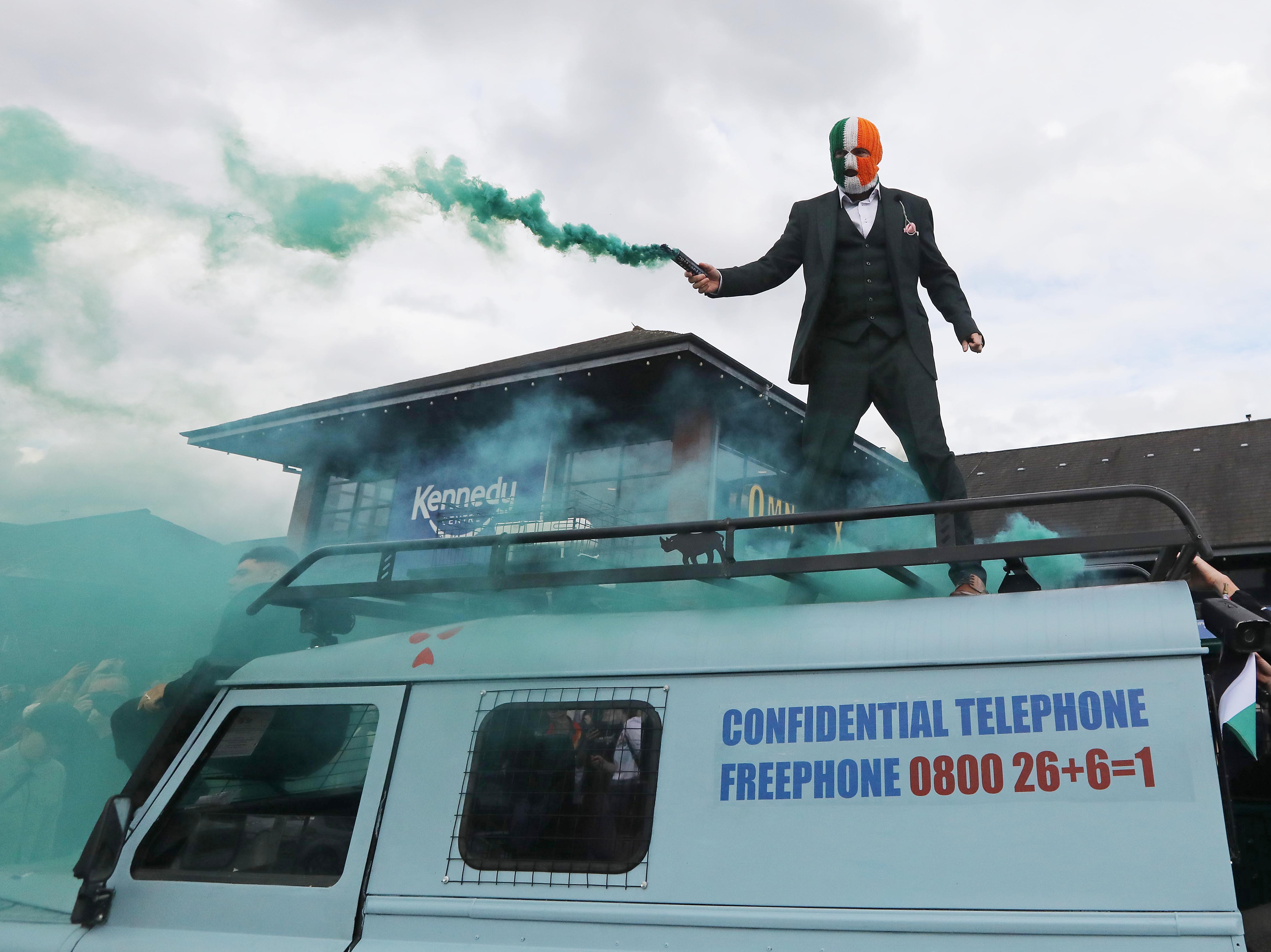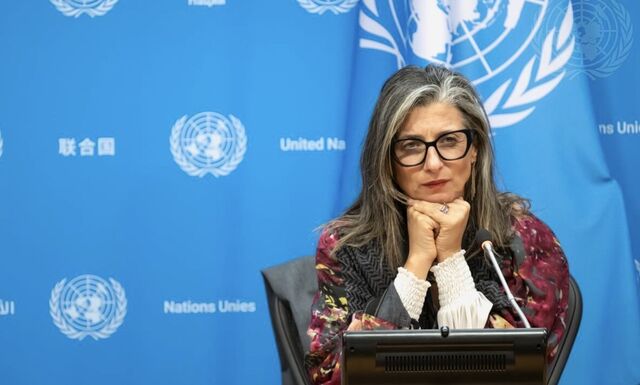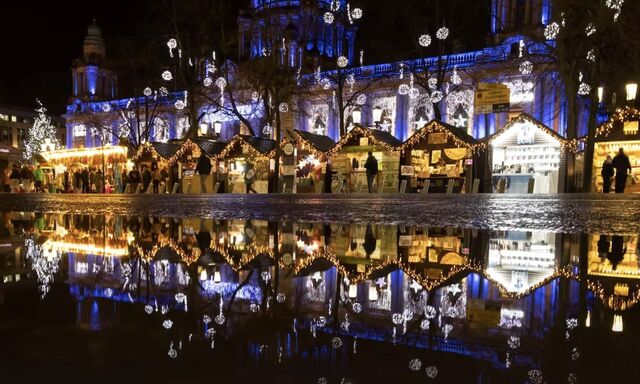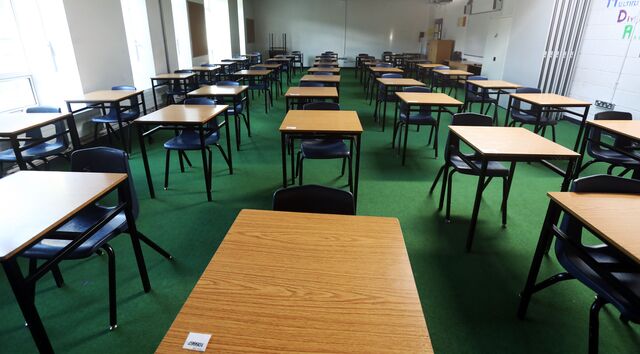ON the shore of the southern western coast of Kerry a lonely tricolour flies. Watched by only sea birds it looks out toward the slate-grey sea, under a slate-grey sky. A heron might be caught wondering what an earth the significance of this pristine Irish flag could be on such a miserable day when you can’t see five feet in front of you, where the only activity is tourists jumping on board the Sceilg Mhichíl ferry to see puffins nesting or perhaps imagine Luke Skywalker waving his lightsaber, hoping of a better future.
In a place like this, at the most barren tip of Ireland looking out to the Atlantic Ocean, does a debate on a united Ireland matter, or is it, like some commentators tell us and hope, irrelevant? Do the non-flying population even think about the constitution with their future secured by the actions of those they remember underneath their site of patriotism? Where they remember the actions of the few, who in 1916 took up arms against the British Empire. Who suffered in Frangoch. Who brought the words and music of Peadar Kearney home and spread them to the island. Who gave hope to the aspiration for a nation while suffering under the military rule of Britain’s Black and Tan yolk.
And while wondering does the flame of a Free Ireland really spring eternal in a place that seems so distant and removed, the heron’s attention is taken by five young men's talk about Glastonbury, how wonderful it would be to go, how Kneecap, the lads from Belfast and Derry, are sticking it to the Brits over in an English field where music is played and hippies gather.
And of course a British prime minister will still quake in his boots at the words and music of young Irish men who refused to cower underneath their yolk. Who say no to oppression and murder. Who ask for something different to the status quo and who see suffering as something to be confronted rather than ignored. And suddenly partition and distance are made irrelevant.
Whether it’s the words of the proclamation, looking out from Port Magee at the little ferries surrounded by puffins and seagulls, or whether it’s the rap songs from West Belfast being bounced and jostled along by three young radicals from our community, our history and identity rhyme.
The lads who refuse to speak English in an English court, but instead choose their native tongue, are no different to John O’Shea from Portmagee who fought in 1916 and refused to give a number to the “bad fellow” commandant in the Welsh prison camp, before he brought Amhrán na bhFiann home upon his release. Irish men and women have said no to British injustice, know that our country will always be different, will always be a place apart, and that we will always sing our own songs, write our own words and forge our own future.
And while we might be imperfect, and many times afraid, we are also courageous and determined, and when we see the best of us rise we move to rise with them. Maybe Kneecap didn’t set out to break partition when they decided to be vocal about Palestine, but through their example they have united Irish youth – and the more wrinkled – across the land. For our people are always different, always ourselves, and from the southernmost tip to the northernmost tip, we forge a future together irrespective of begrudgers, cowards and yesterday’s men.







